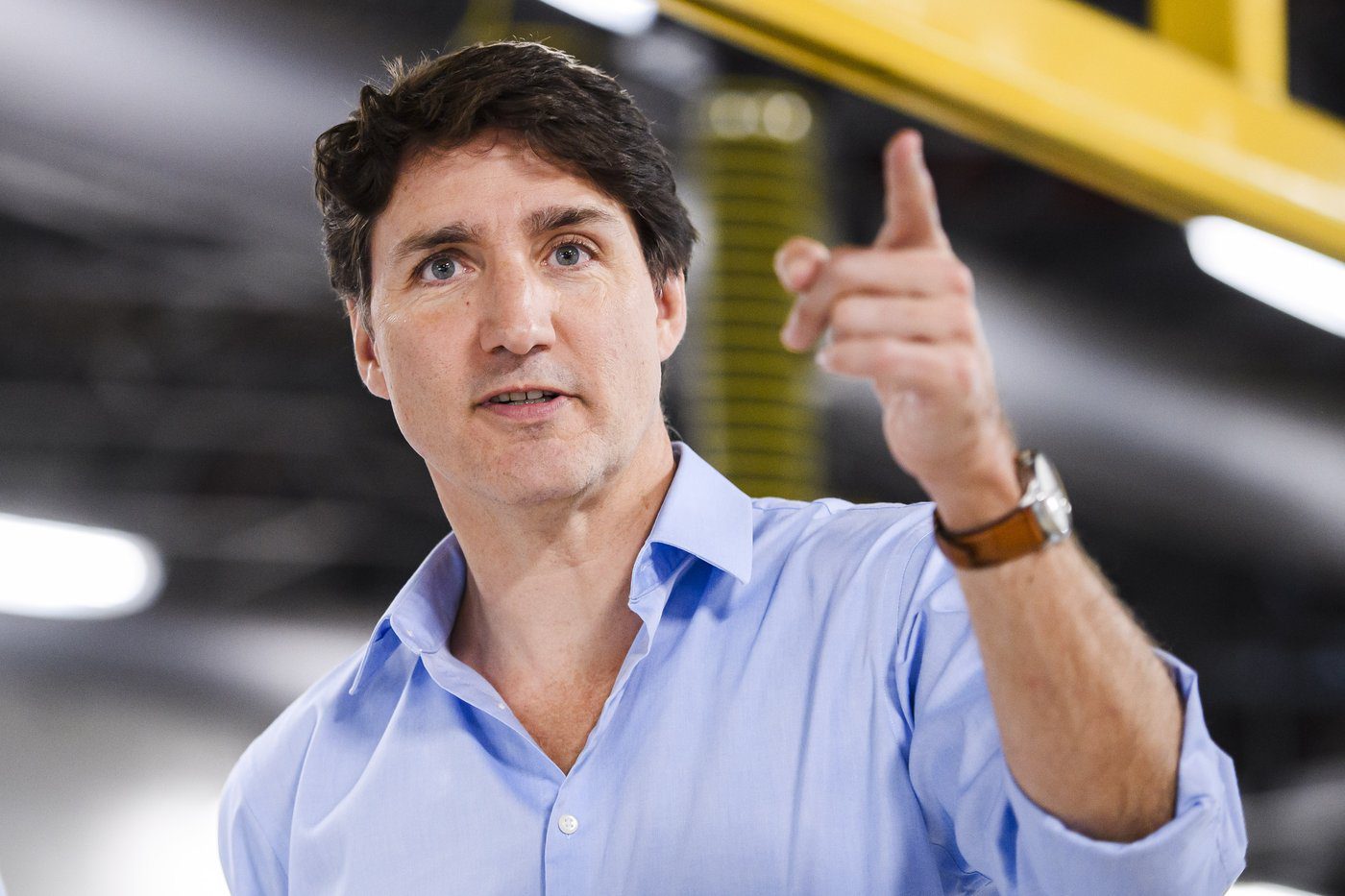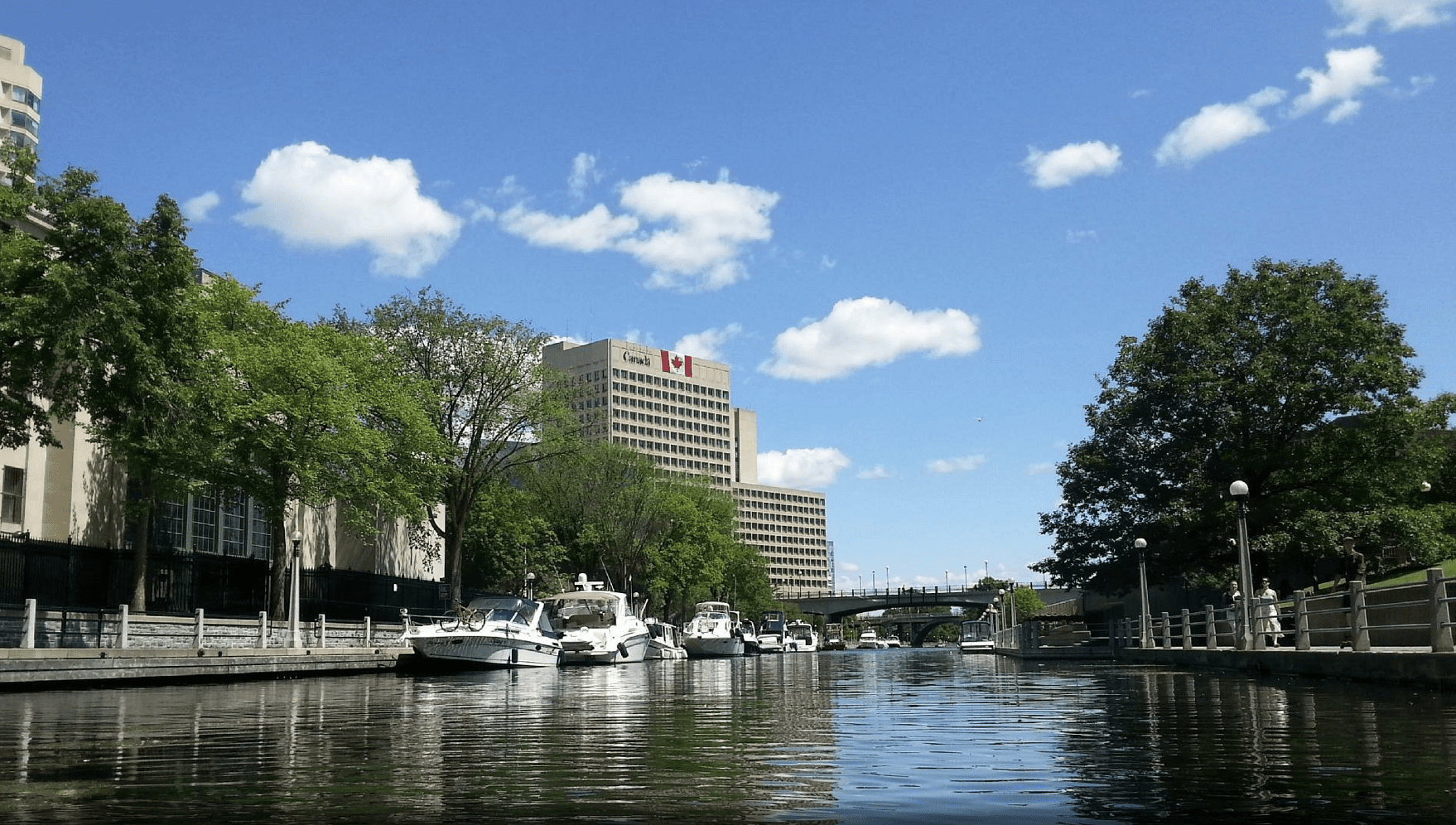This content is restricted to subscribers

The views, opinions and positions expressed by columnists and contributors are the author’s alone. They do not inherently or expressly reflect the views, opinions and/or positions of our publication.

This content is restricted to subscribers
The views, opinions and positions expressed by columnists and contributors are the author’s alone. They do not inherently or expressly reflect the views, opinions and/or positions of our publication.

This content is restricted to subscribers
The views, opinions and positions expressed by columnists and contributors are the author’s alone. They do not inherently or expressly reflect the views, opinions and/or positions of our publication.

Ontario Premier Doug Ford is hitting the cities of Toronto and Ottawa with a wrecking ball that will undermine accountability and democracy.
The Ford government introduced Bill 39 as an attempt to break the gridlock often experienced on city councils in Toronto and Ottawa. The major reason Ford introduced the legislation is to prioritize the speedy approval and construction of new housing in some of Ontario’s most dense communities.
The main feature of the bill is that it gives the mayors of Toronto and Ottawa so-called strong mayor powers.
On the surface, the bill looks promising. Bill 39 would allow mayors in Toronto and Ottawa to have more control over appointments and establishing priorities for council. It would also allow those mayors to have more control over the budgetary process. And, by allowing mayors to establish priorities and have more control over council’s agenda, it could, in theory, help with the housing issue.
But that’s where the good parts of the bill end.
The most dangerous element of Bill 39 is that it would allow the mayor to pass laws that only receive the support of one third of council.
In a democracy, allowing just one third of council, if aligned with the mayor, to pass any law under the sun is extremely dangerous.
From Ford’s perspective, this bill also makes little sense. Right now, John Tory is the mayor of Toronto and Mark Sutcliffe is the mayor of Ottawa.
Both men appear to be amenable to parts of Ford’s agenda.
But, in theory, both mayors could also hold the province hostage. Imagine a scenario in which a duly elected mayor and a small minority of councillors choose to pass policies that run directly counter to provincial priorities.
Not too long ago, David Miller was mayor of Toronto. He pushed through some of the largest property tax hikes in the province’s history.
If Miller had only needed the support of one-third of council to raise property taxes, tax hikes could have soared. Instead of a 10 per cent hike, homeowners could have been looking at a 20 per cent increase.
The need to win the support of a majority of councillors is a key mechanism in ensuring that extreme policies don’t turn into ill-fated laws.
Ford claims Bill 39 is democratic. According to the premier, mayors are duly elected by voters, so giving them more control over the agenda isn’t undemocratic.
Giving mayors more of a say in setting the agenda is a good thing. But there’s a reason that we don’t elect municipal dictators. We elect councillors to help shape the agenda, allow for more diverse voices at the table, and ensure that every corner of the city is represented at city hall.
Handing one third of council the power to pass any law they want so long as they have the mayor’s backing is minority rule. In no other democratic institution in Canada do we allow a minority of elected representatives to impose an agenda opposed by a majority of elected officials.
If he finds this new mayoral power system successful, Ford plans to extend these powers to municipalities across the province. Democracy in Toronto and Ottawa isn’t only at stake – Ontarians all across the province have a stake in this fight.
Bill 39 needs a fundamental re-write. Today, mayors all across the province don’t have enough power and influence. Ford’s desire to give them a stronger voice is sensible. But allowing one third of council the ability to hold the cities of Toronto or Ottawa hostage is a major mistake.
Jay Goldberg is the Ontario Director at the Canadian Taxpayers Federation
The views, opinions and positions expressed by columnists and contributors are the author’s alone. They do not inherently or expressly reflect the views, opinions and/or positions of our publication.

Become a subscriber today!
Register
Ontario Premier Doug Ford’s promise to hand the mayors of Toronto and Ottawa more powers could be a dangerous gateway to higher taxes and runaway government spending.
Hardworking taxpayers wouldn’t trust one person selected by someone else to unilaterally manage their household expenses and retirement savings, and yet that’s essentially what Ford might have up his sleeve for the residents of Toronto and Ottawa when it comes to the cities’ finances.
Ford has yet to officially outline all of the “strong mayor” powers he intends to give to the mayors of Toronto and Ottawa, but unilateral taxation and spending powers and mayoral vetoes appear to be on the table.
Giving mayors the power to tax and spend is courting disaster by gambling on who is in the mayor’s chair.
Take yourself back to 2009. The Pittsburgh Penguins won the Stanley Cup, General Motors was still making Pontiacs and David Miller was the mayor of Toronto.
Toronto taxpayers are still scarred by the historic property tax hike Miller forced on homeowners that year. Miller managed to convince members of Toronto’s city council to impose a 10 per cent hike in property taxes.
If Miller had the power to set tax rates and spending levels unilaterally, a 10 per cent property tax hike could have ballooned even further. Toronto taxpayers could have been staring down a 15 per cent or 20 per cent hike to finance Miller’s costly government spending schemes.
Some may argue that a fiscally responsible mayor could use unilateral taxation and spending powers to keep taxes low and government spending in check.
But for every fiscally responsible mayor, there’s a David Miller. That reality means handing mayors unilateral taxation and spending powers is a terrible idea. Without city council to keep a mayor in check, there’s no telling how high taxes could be raised or how much wasteful spending could be approved.
Mayoral vetoes would raise similar concerns. Ford has said publicly that part of his “strong mayor” proposal would include a mayoral veto, which could be overridden by two-thirds of city council.
Once again, whether these new powers would be good or bad for taxpayers depends on who is in the mayor’s chair.
A fiscally responsible mayor might veto wasteful government spending proposed by council. But a mayor willing to engage in reckless spending could also veto a fiscally responsible budget plan.
There’s also another risk: mayoral candidates could sell themselves as sound managers of taxpayer dollars, but embrace runaway taxes and government spending once in office.
Toronto Mayor John Tory is a perfect example. When he ran for mayor in 2014, Tory pledged to restrict the growth of property taxes to the level of inflation. But Tory has since embraced higher property taxes. This past January, Tory threw his support behind a proposal to raise property taxes by 4.4 per cent.
Even if voters think they’re electing a mayor who will responsibly manage the city’s finances, there’s no telling how much a candidate will change after being sworn into office.
The bottom line is that handing mayors new powers to get around the check-and-balance role of council is a dangerous gamble. Depending on who is in the mayor’s chair, taxpayers could benefit or get soaked with higher taxes and reckless government spending. The risks simply aren’t worth the potential gains.
Ford should shelve his plan to give new powers to the mayors of Toronto and Ottawa. Instead, he should focus on reforms that could bring real relief to taxpayers through more responsible city budgeting.
Jay Goldberg is the Ontario Director at the Canadian Taxpayers Federation
The views, opinions and positions expressed by columnists and contributors are the author’s alone. They do not inherently or expressly reflect the views, opinions and/or positions of our publication.

Become a subscriber today!
Register